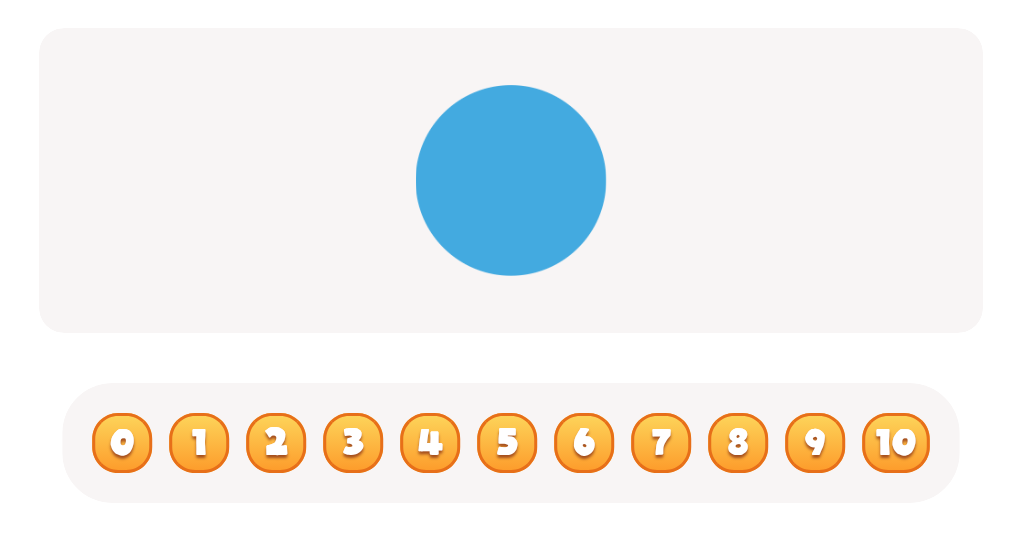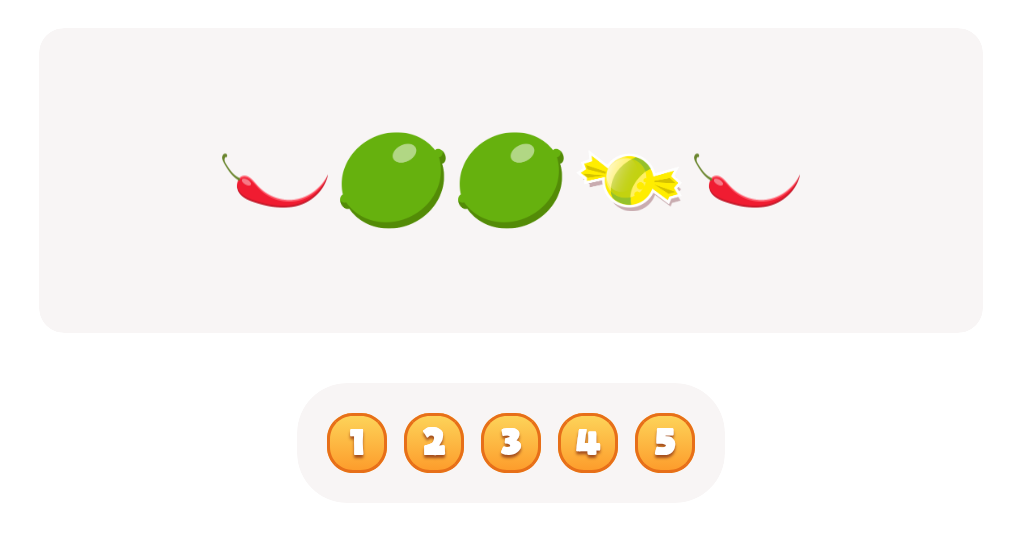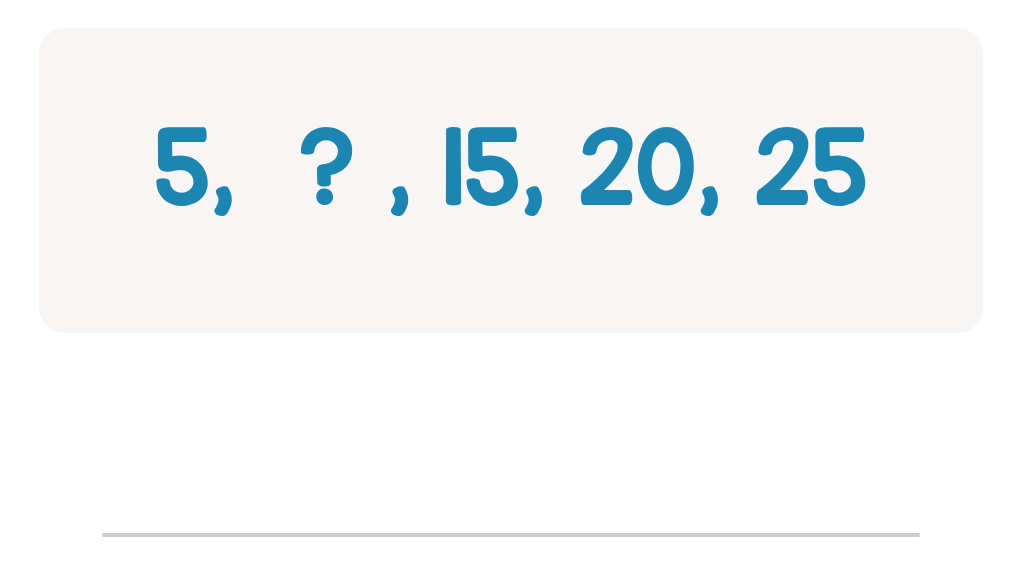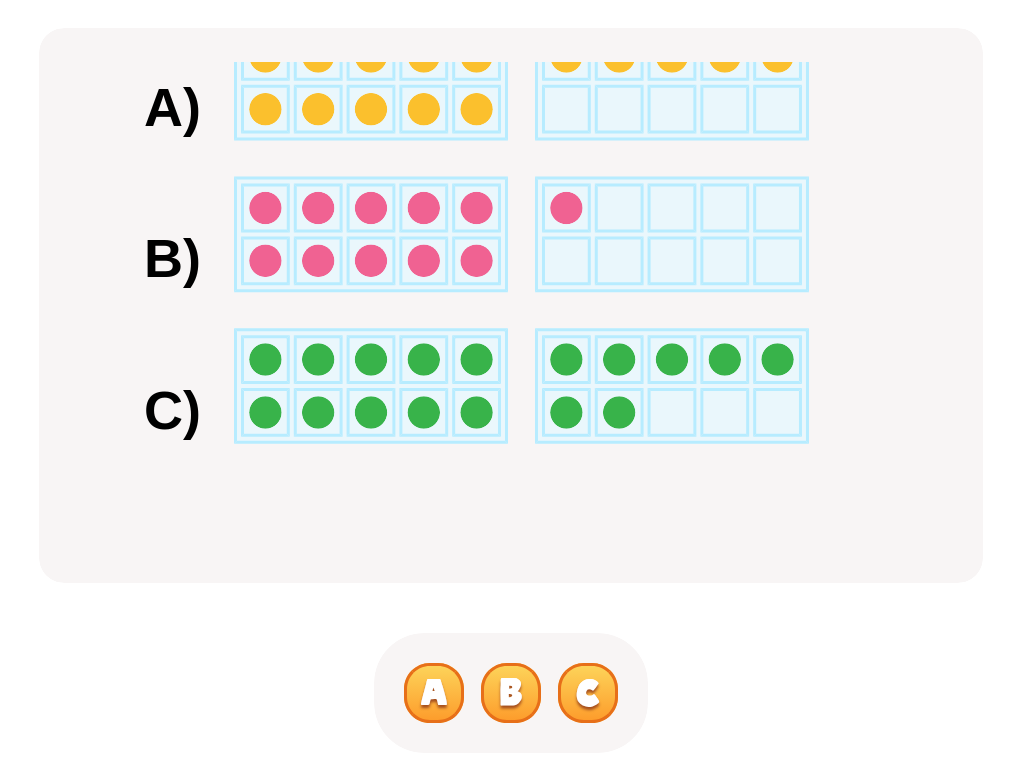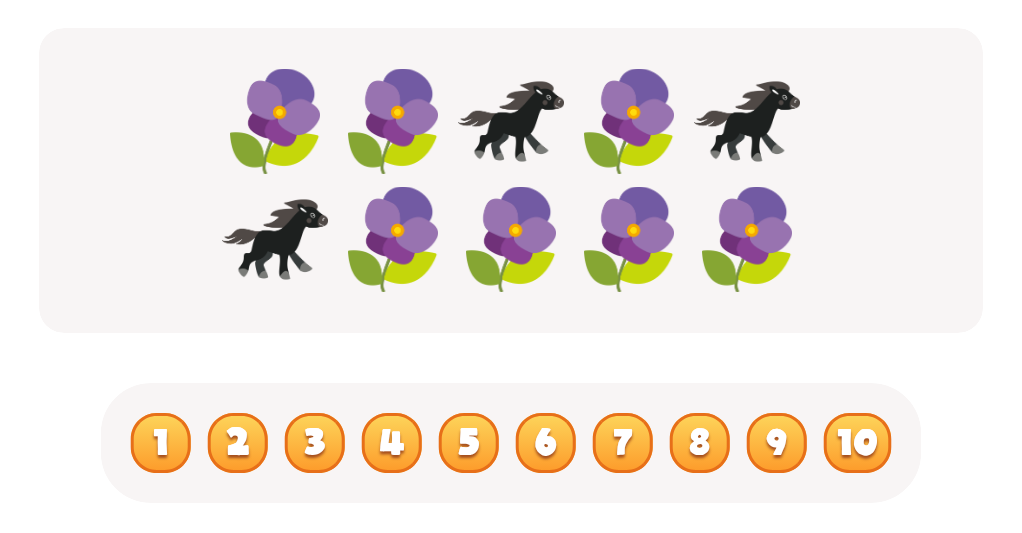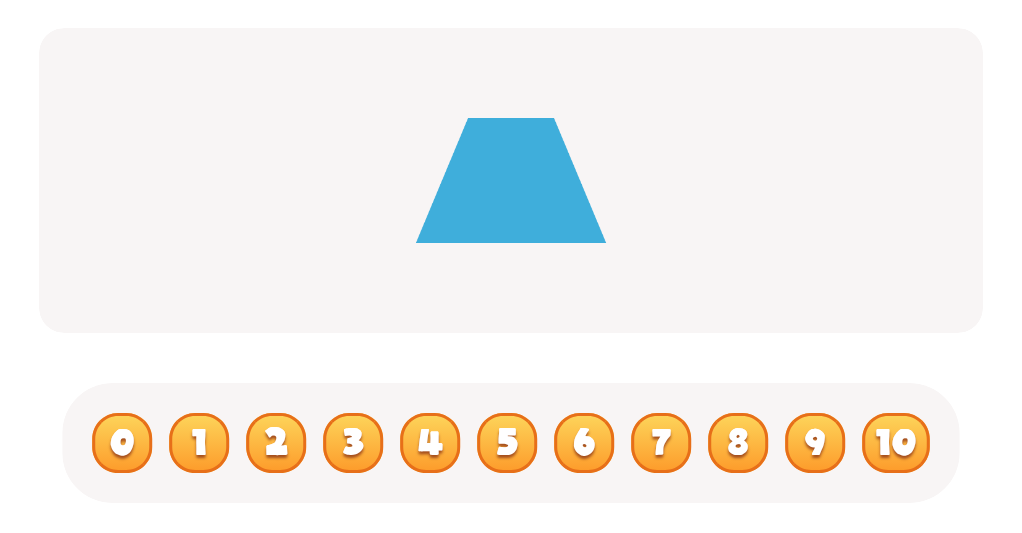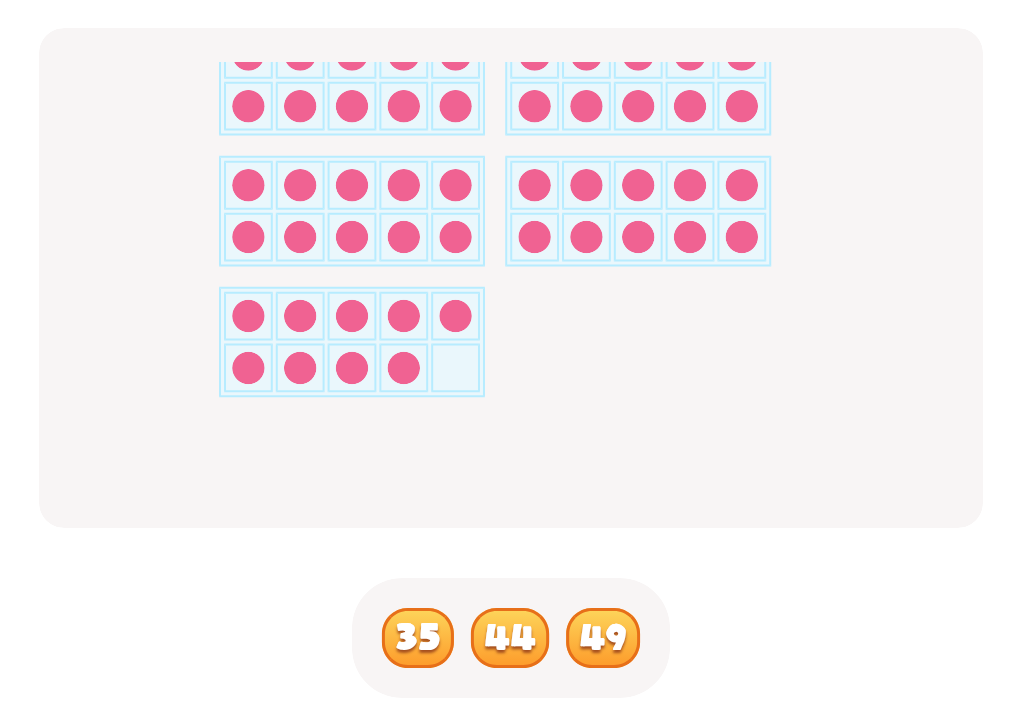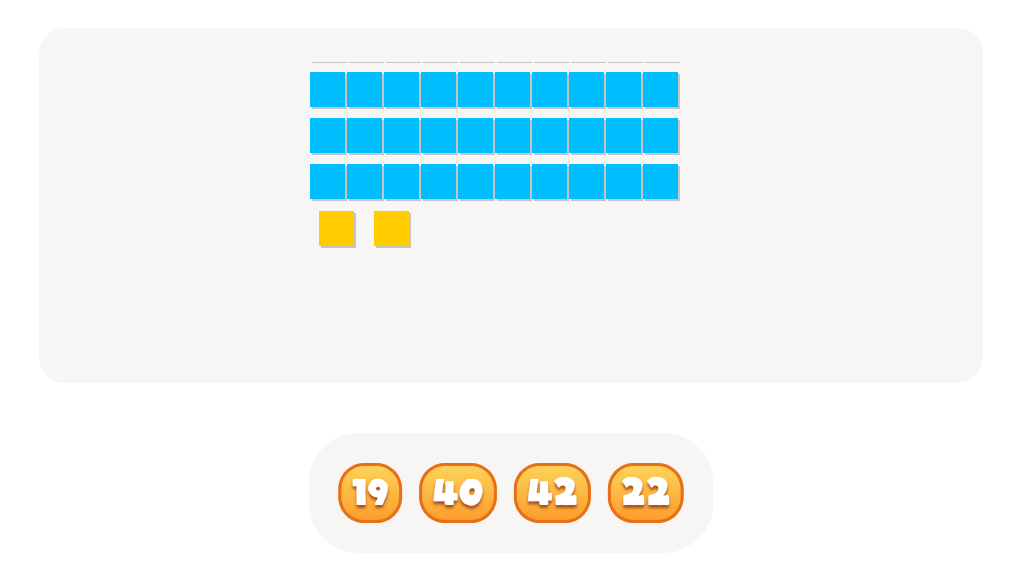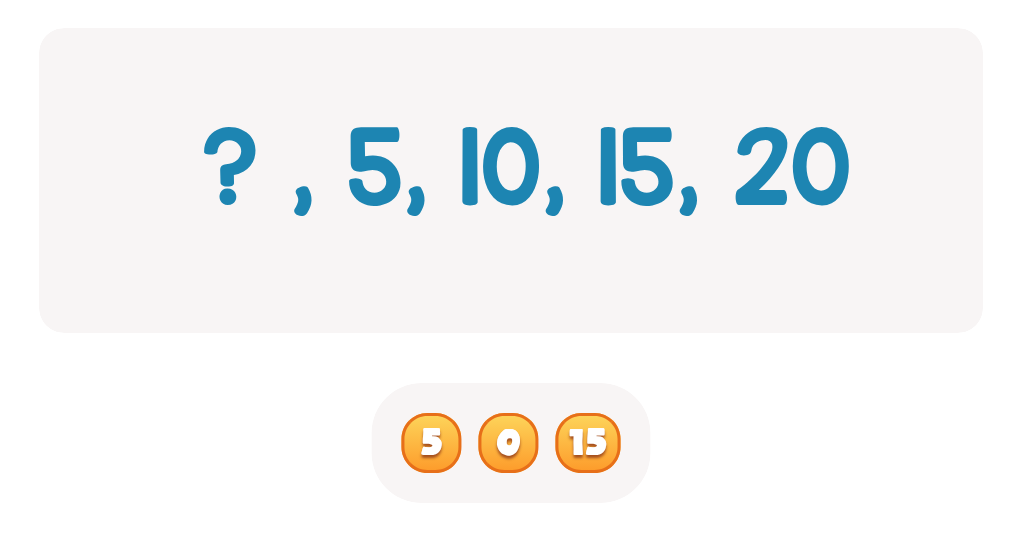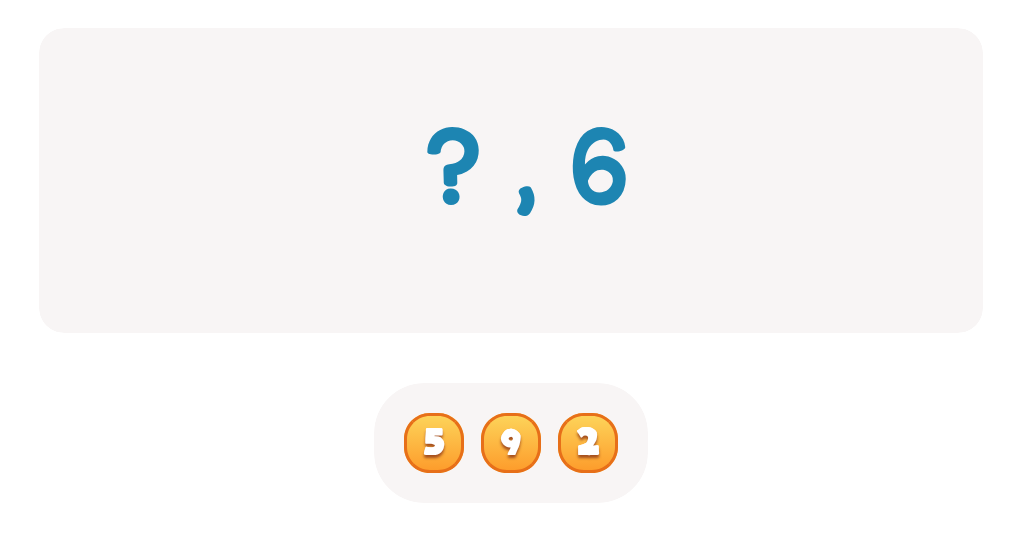Number Sequencing Counting Worksheets for Ages 4-8
5 filtered results
-
From - To
Explore our engaging Number Sequencing Counting Worksheets, designed specifically for children ages 4-8! These fun and interactive worksheets help young learners develop foundational counting and sequencing skills. With a variety of exercises featuring numbered sequences, playful illustrations, and relatable themes, your child will build confidence in recognizing patterns and improving their number sense. Perfect for home or classroom use, our worksheets are tailored to meet educational standards while keeping learning enjoyable. Encourage your child's math journey today with our expertly crafted resources, fostering a love for numbers and preparing them for future success in mathematics! Download now and watch them thrive!
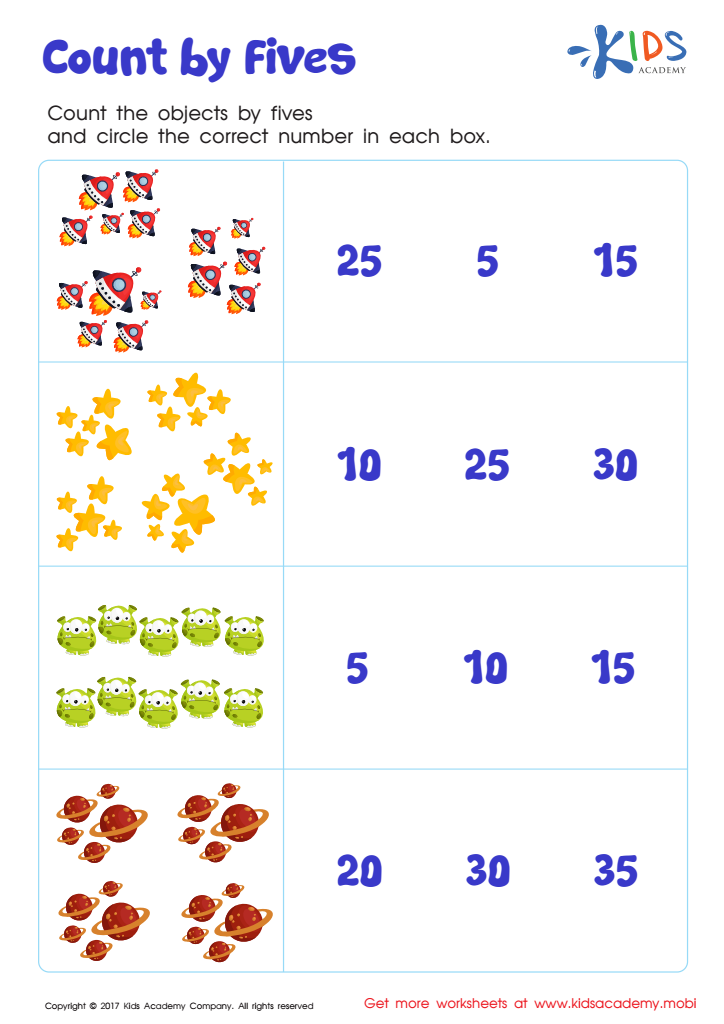

Skip Counting by 5s: Space Math Printable
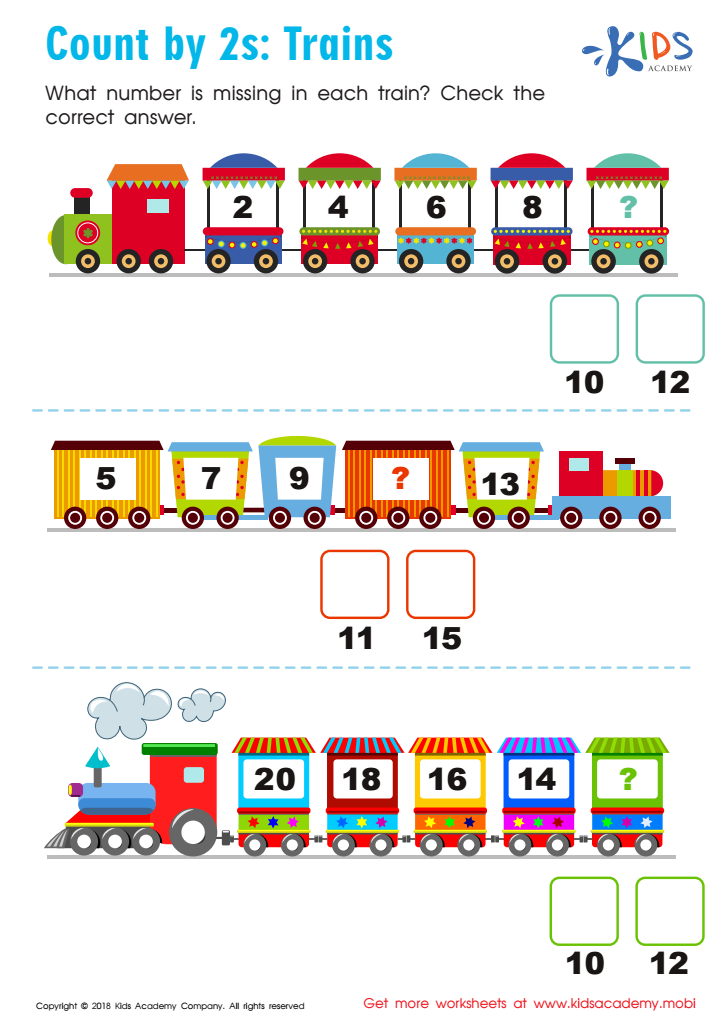

Count by 2's: Trains Worksheet
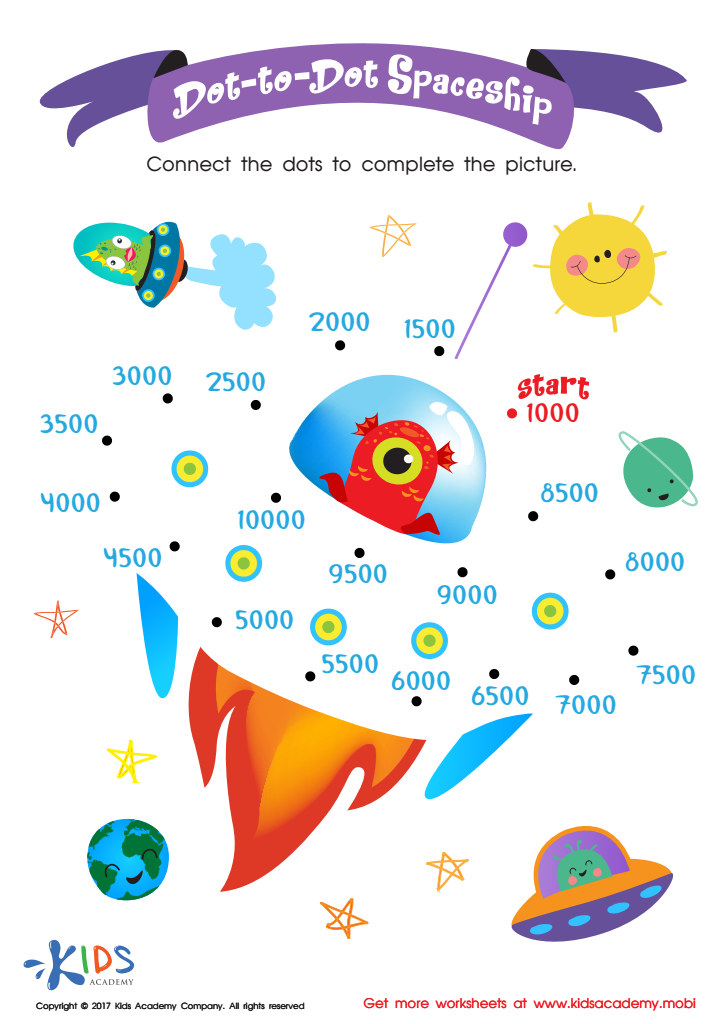

Dot to Dot Worksheet for 3rd Grade


Frog Countdown Worksheet
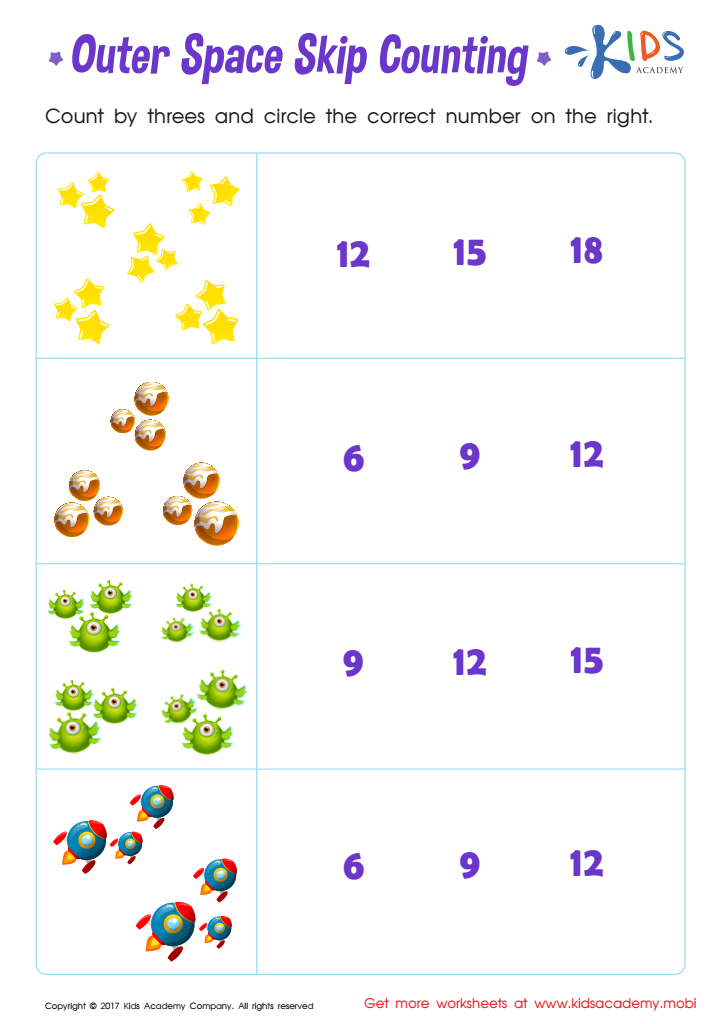

Skip Counting by 3s: Outer Space Skip Counting Printable
Number sequencing and counting are fundamental skills that lay the foundation for a child's mathematical understanding and overall cognitive development. For children aged 4-8, these skills are crucial as they help enhance critical thinking, problem-solving, and the ability to recognize patterns.
When parents and teachers focus on number sequencing, they promote numerical fluency as children learn to arrange numbers in a specific order. This process is essential for grasping more complex mathematical concepts later on. Additionally, counting activities bolster a child's ability to understand quantity and develop their confidence when working with numbers.
Moreover, mastering counting and sequencing nurtures language development as children articulate numbers and engage in discussions about numerical concepts. This interactive learning fosters a love for mathematics, making it less intimidating and more enjoyable. Developing these skills early empowers children to tackle real-world problems and cultivates the perseverance needed for academic success.
Emphasizing these skills also supports children’s social development as they often work collaboratively during counting exercises. Engaging with parents and teachers in these activities fosters stronger relationships and a supportive learning environment, ultimately contributing to a child's holistic development and long-term success in school and life.
 Assign to My Students
Assign to My Students
